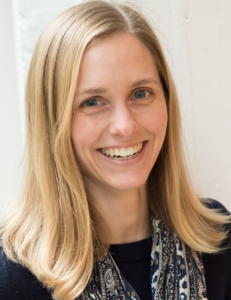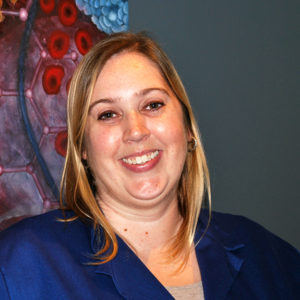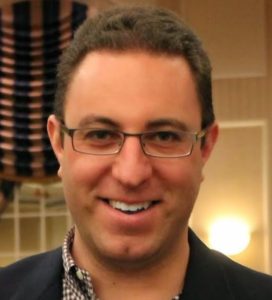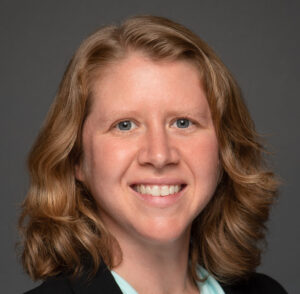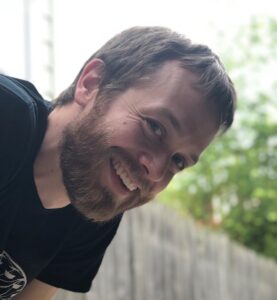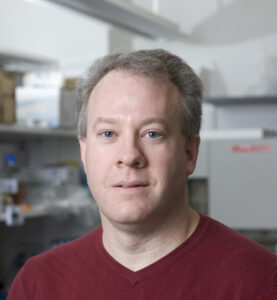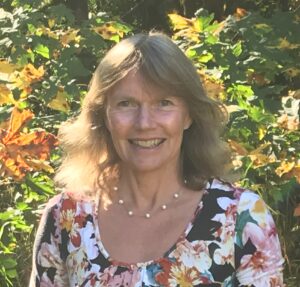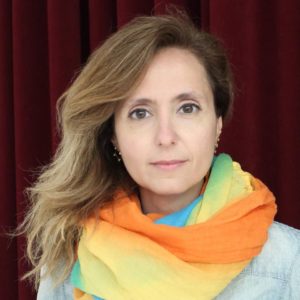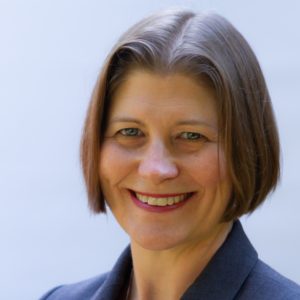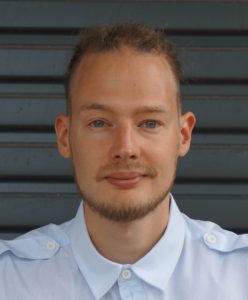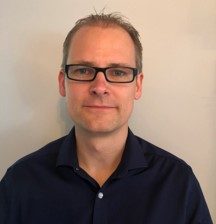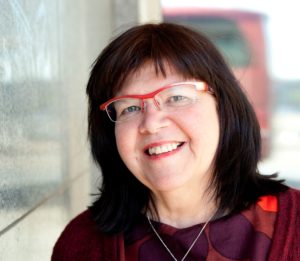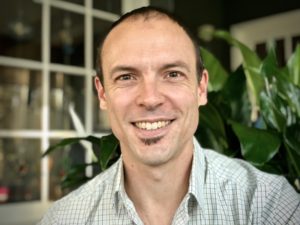Institutional Members
-

Aaron Schaller
Aaron Schaller is a molecular biologist and entrepreneur with 10 years of experience in microbiology, molecular and cell biology, and immunology/virology. In May 2020 he co-founded MeliBio, Inc., a food company harnessing synthetic biology and medicinal plant science to produce the world’s first real honey without bees. Before starting MeliBio, Aaron completed his PhD at the University of California, Berkeley studying innate immunity in response to viral infection as an NSF graduate fellow. A combined passion for food, environmentalism, microbiology, and entrepreneurship led Aaron to co-found MeliBio, where he currently serves as CTO. Aaron believes that the future of planetary and human health lies in our ability to move away from animal-based food supplies towards more sustainable and logical options, and that microbiology can take us there.
